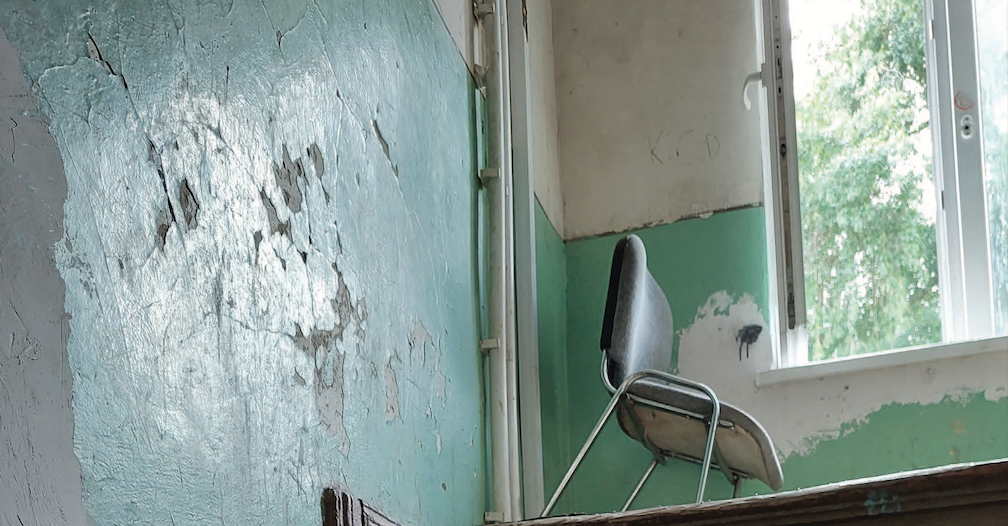
R a n d i a ’ s Q u i e t
T h e a t r e :
P e r f o r m i n g C a r e
a n d A c t i v i s m
w i t h a R o m a n i E l d e r
Randia’s Quiet Theatre: Performing Care and Activism with a Romani Elder
Magdalena Kazubowski-Houston, McGill Queen’s University Press, May 2025
Revealing the politics of aging through ethnographic theatre-making with a Romani fortune teller, storyteller, and performer.
“Randia's Quiet Theatre is a powerful work that shows how theatre and performance can lead to cross-cultural connections, self-knowledge, and even survival.”
Ioana Szeman, University of East Anglia
“An intellectual feast, this book is truly compelling. Kazubowski-Houston’s work is touching, with a powerful ability to transgress traditional boundaries between object and subject of research.”
Michał P. Garapich, London Metropolitan University
Throughout Poland, tens of thousands of elderly people live with disabilities in four-storey walk-up apartment buildings. In many cases their children have emigrated; they live with loneliness, a lack of basic amenities, silence, and the absence of care. They are known as “prisoners of the fourth floor.
In Randia’s Quiet Theatre Magdalena Kazubowski-Houston mixes autofiction, ethnography, and theatrical improvisation to unravel the politics of aging in Poland. At the centre of the book is Randia, a Romani fortune teller, storyteller, and performer confined to her fourth-floor apartment in old age. In interviews, Randia’s identity is fixed: she tells of the hardships she faced as a Romani girl and as a wife, mother, and grandmother whose relationship with her family was shaped by separation, sickness, and death. But in storytelling sessions staged in her home, Randia steps into characters and is freed: her tales move between the past, the present, and the future, across life and death; her characters look after one another and change history. Kazubowski-Houston finds in Randia’s performances a quiet activism through which she envisages alternative lives and articulates an ethics of care among individuals, communities, and spirits.
Interwoven throughout Randia’s Quiet Theatre are Kazubowski-Houston’s own stories about caring for her elderly and disabled mother, making the book a collaborative, reflexive, and complex creative work. It reveals how ethnographers and their interlocutors can stand on more equal ground. Ultimately it is a profound reflection on how the elderly can live with dignity and how we can care for each other.
